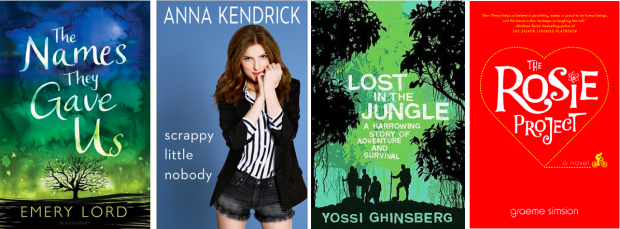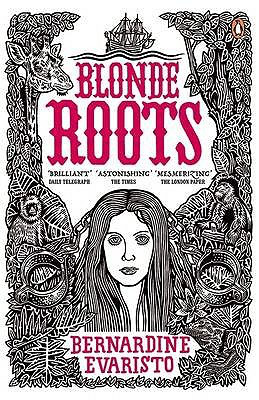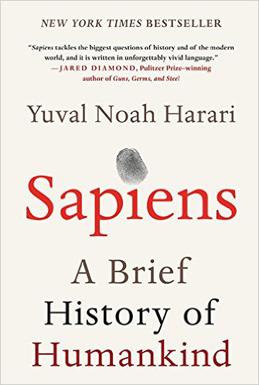
First published in 1995, this award-winning novel is a bold, achingly honest story set in the “rat bohemia” of New York City, whose huddled masses include gay men and lesbians abandoned by their families and forced to find new bonds with one another in the wake of this loss. Navigating the currents of the city are three friends: Rita Mae, a rat exterminator; Killer, a career plant-waterer; and David, an HIV-positive writer. Together, they seek new ways to be truthful and honest about their lives as others around them avert their glances. Alternately elegiac, defiant, and funny, Rat Bohemia is an expansive novel about how one can cope with loss and heal the wounds of the past by reinventing oneself in the city. [ x ]
This is the first novel I ever read by Sarah Schulman, and I certainly hope that it won’t be the last. I started Rat Bohemia in August, and have been reading it on and off before finally finishing it today. Despite struggling through some parts that were uncomfortable for me to read, I’m glad that I finished it.
The prose of Rat Bohemia, despite being split into three distinctive narrations, carries a general weariness. Its protagonists acknowledge that the deaths of their friends will never incite the long-awaited revolution, and no fathers will ever grieve for them. New York is experienced through one night stands and failing activist organizations and dilapidated neighborhoods, and luxuries are afforded through maxed out credit cards.
I could say that Schulman writes about the AIDS epidemic and the exhausted tragedy of its deaths; that Rat Bohemia describes the early 90s gay New York community in its decay and dented glory; maybe even that it’s a nostalgic commentary on immigrant Jewish communities. They’re all topics integral to the book. My main focus, however, is its questioning of love.
Rat Bohemia grapples with several identities that I cannot relate to, but I do know about being lonely and gay and struggling with the what-ifs of lonely gay love. For some time, I didn’t believe that gay love could ever exist, because what love could ever be strong enough to overcome trauma? People talk about how Love Trumps Hate, but my real question is if love can be stronger than denial and tragedy and exhaustion. I don’t want to trump anything; I want to love, and be loved. But who’s able to give such persistent love when so much of what’s experienced of it is repressive? How can two hurt people love each other without their own individual traumas clashing? Is there anyone in the gay community who’s ever shared something that wasn’t preceded by specific loss? Rat Bohemia skillfully explores these conflicts as it sketches out the lives of gay men abandoned by dying boyfriends and indifferent siblings; gay women abandoned by ashamed girlfriends and disgusted fathers; entire gay communities abandoned by the very cities that they raised from infancy.
But despite its constant unrequited hunger, Rat Bohemia puts up a small smile at the end. One of its narrators considers that smile to be delusional – but it’s a genuine smile nonetheless. The characters are believably unlikable and selfish people, who get bitter and jealous and ugly, and sometimes they’re kind and sometimes they’re full of bullshit, but always they’re connected by the refusal to be forgotten and their never-ending search for love.
Rat Bohemia is a necessary and quietly hopeful perspective. I give it a rating of four rats out of five. Definitely a recommended read.
Advertisements Share this:





